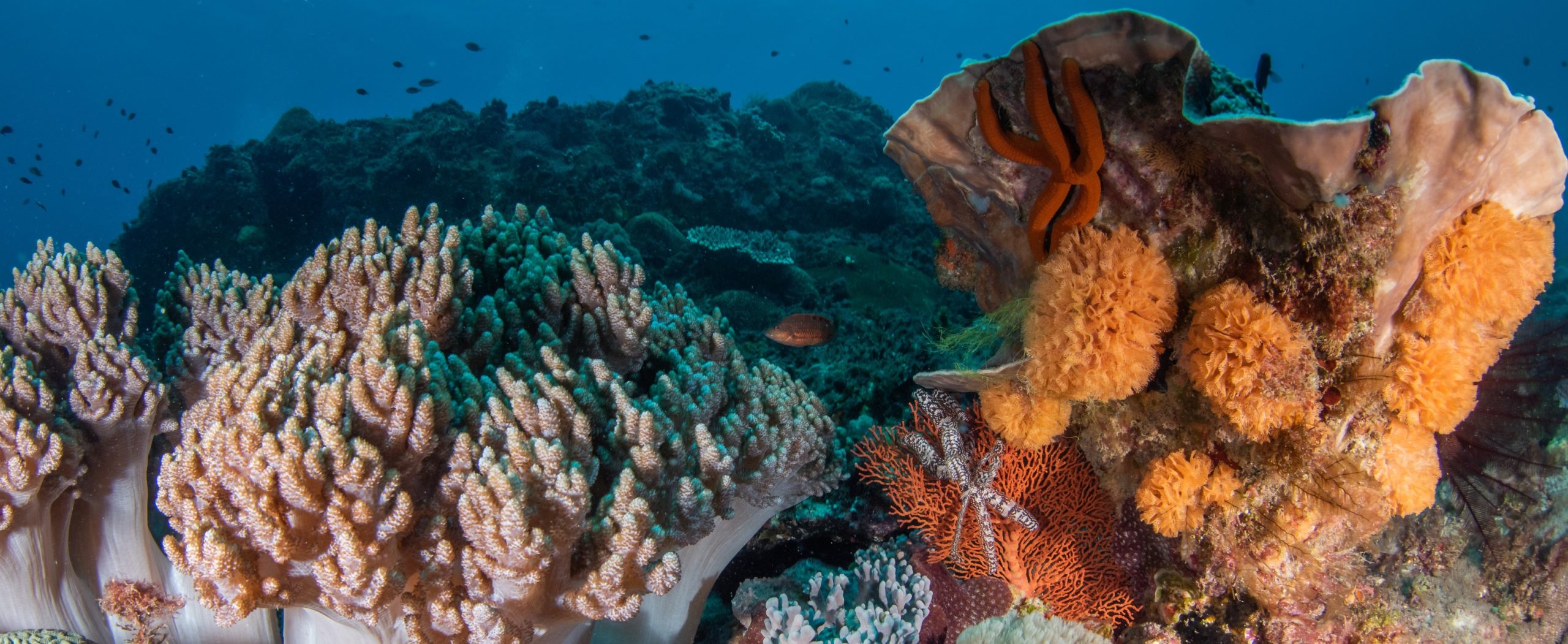Marine protected areas (MPAs) are the most widely applied tool for marine biodiversity conservation, yet many gaps remain in our understanding of their species-specific effects, partly because the socio-environmental context and spatial autocorrelation may blur and bias perceived conservation outcomes. Based on a large data set of nearly 3000 marine fish surveys spanning all tropical regions of the world, we build spatially explicit models for 658 fish species to estimate species-specific responses to protection while controlling for the environmental, habitat and socio-economic contexts experienced across their geographic ranges. We show that the species responses are highly variable, with ~40% of fishes not benefitting from protection. When investigating how traits influence species' responses, we find that rare top-predators and small herbivores benefit the most from MPAs while mid-trophic level species benefit to a lesser extent, and rare large herbivores experience adverse effects, indicating potential trophic cascades.
